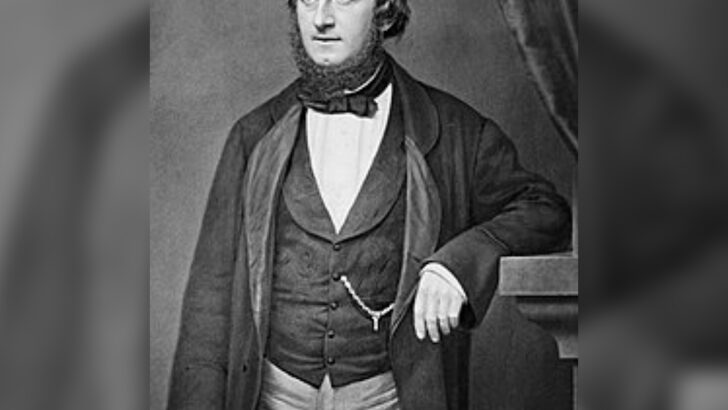Time was when William Vincent Wallace was a household name with his music gracing many an operatic stage and concert venue and being played and sung in many a homely parlour. However, time and fashions change and what is enjoyed by one generation may well be relegated to obscurity by the next.
With soprano Rachel Kelly in the title role, last month’s performance at the NCH of Wallace’s opera Lurline proved a highly agreeable occasion under Hungarian conductor Péter Galász. This revival followed considerable research into the composer’s output by Rachel Kelly’s mother – pianist and musicologist Una Hunt.
William Wallace was born in Waterford’s Colbeck Street on March 11, 1812 to a protestant Mayo-born father William Spencer Wallace, who was a sergeant bandmaster in the Royal 29th Worcestershire Regiment, and a Catholic mother Elizabeth McKenna, who hailed from Limerick.
William showed unusual talent as pianist, violinist and clarinettist as well being highly proficient on a number of other instruments. Following a period in Ballina, the Wallaces returned to Waterford in 1825 but on learning of his regiment’s planned transfer to Mauritius, William Spencer purchased his and his son’s discharge. Moving to Dublin, they joined the Theatre Royal orchestra.
Appointed organist at Thurles Cathedral when he was eighteen William also accepted a teaching post at the Ursuline Convent in the town. A budding musician among the novices – Isabella Kelly of Frascati House in Dublin’s Blackrock – fell in love with him. This was much to the consternation of Isabella’s father and her sibling – Sister Vincent – who was then a professed nun in Thurles. The young organist found a way through the dilemma by becoming a Catholic and adding Vincent to his name.
After their marriage in 1831, the young couple returned to Dublin where Wallace rejoined the Theatre Royal orchestra as violinist and conductor and also led Dublin’s Anacreontic Society. He made his debut as a composer with this mainly amateur orchestral group premièring his well-received violin and piano concertos with them.
Hearing Niccolò Paganini play at the Theatre Royal in 1832, Wallace became obsessed with violin technique to the virtual detriment of his health and sanity. Isabella took matters in hand by deciding to emigrate to Australia.
The family settled in Sydney in January 1836 and within a month Wallace gave his first acclaimed concert under the patronage of the Dublin-born governor general Sir Richard Bourke, who had strong Limerick connections and was a distant relative of the political theorist and philosopher Edmund Burke.
When a recession hit the Australian economy and the Wallace finances, the strong-willed Isabella decided to return to Ireland in 1838. Wallace, leaving considerable debts behind him, took a ship to New Zealand. Natives wrecked it en route killing a number of its passengers and crew. Wallace escaped and landing on the South Island soon infatuated a Maori maiden and went through a form of marriage with her to save his life! His ‘bride’ engraved a cross upon his chest in the hope of securing his fidelity!
More on the interesting Wallace anon.


 William Wallace
William Wallace 